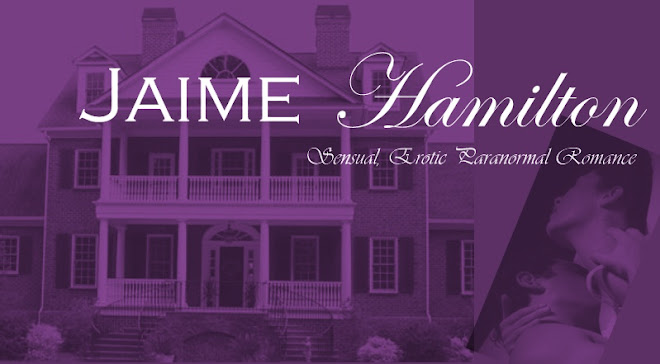
In writing circles there is a debate going on about prologues. And let me tell you, if you thought something as innocuous as prologues couldn't possibly be controversial or titalating, think again. There are very emotional arguments on both sides of the spectrum. Some people are in love with prologues and absolutely refuse to let go of them. On the flip side, others claim that a prologue is just a way to cheat when coming up with an opening hook. As for me, I'm somewhere in between, but leaning more toward the champions of the prologue.
Don't get me wrong, I'm not saying that every book should have a prologue. In fact, I think a writer should consider carefully whether or not a prologue is really neccessary before writing it. I am brainstorming for a new book right now about a 1000 year old fairy woman who has been in isolation for hundreds of years until she meets a 19th century sexy scientist. I was tempted to start off with a prologue, but after considering it I realized that there was nothing I could say in a prologue that couldn't be incorporated as back story throughout the story. On the flip side, Savage Grace begins with the death of Evangeline's mother. While her mother technically dies before the story begins, how she dies is of vital importance to the story. Hence, I determined that her death scene would work best as a prologue.
So when is a prologue appropriate? When I am considering this in my writing I have several questions that I answer with brutal honesty before making a decision.
1. Is the prologue neccessary to set up the main story?
The purpose of a prologue is to relay essential backstory that cannot be done any other way. This is done in a different voice and POV than the rest of the novel, in order to set it apart. As with my example above, the information should occur in a diffent time and/or location than the rest of the novel. And allow me to stress again that this information must be neccessary to the rest of the story.
2. Does the prologue have an exceptionally compelling hook?
If you decide to write a prologue, keep in mind that it is essentially a false start to your story. I know many readers who simply skip prologues (I have been guilty of this at times). As such, you must make certain that you have an almost supernaturally compelling hook. Something that will tell the reader that it is worth their time to read the prologue (false start) before the first chapter (actual start).
3. Are you using an exciting prologue to cover up an unexciting opening chapter?
As a reader, there is nothing that annoys me more than a gripping, edge-of-my-seat prologue followed by a dross opening chapter. If the only reason you are using a prologue is because you have no effective hook in your opening chapter, then you are using it for the wrong reason. If you open with an entire chapter of info dumping and backstory, then you need to rewrite the opening and consider dropping the prologue. The opening chapter must be exciting and compelling, otherwise you'll just annoy your readers.
This is my opinion; what's yours? To prologue or not to prologue. That is my question.
